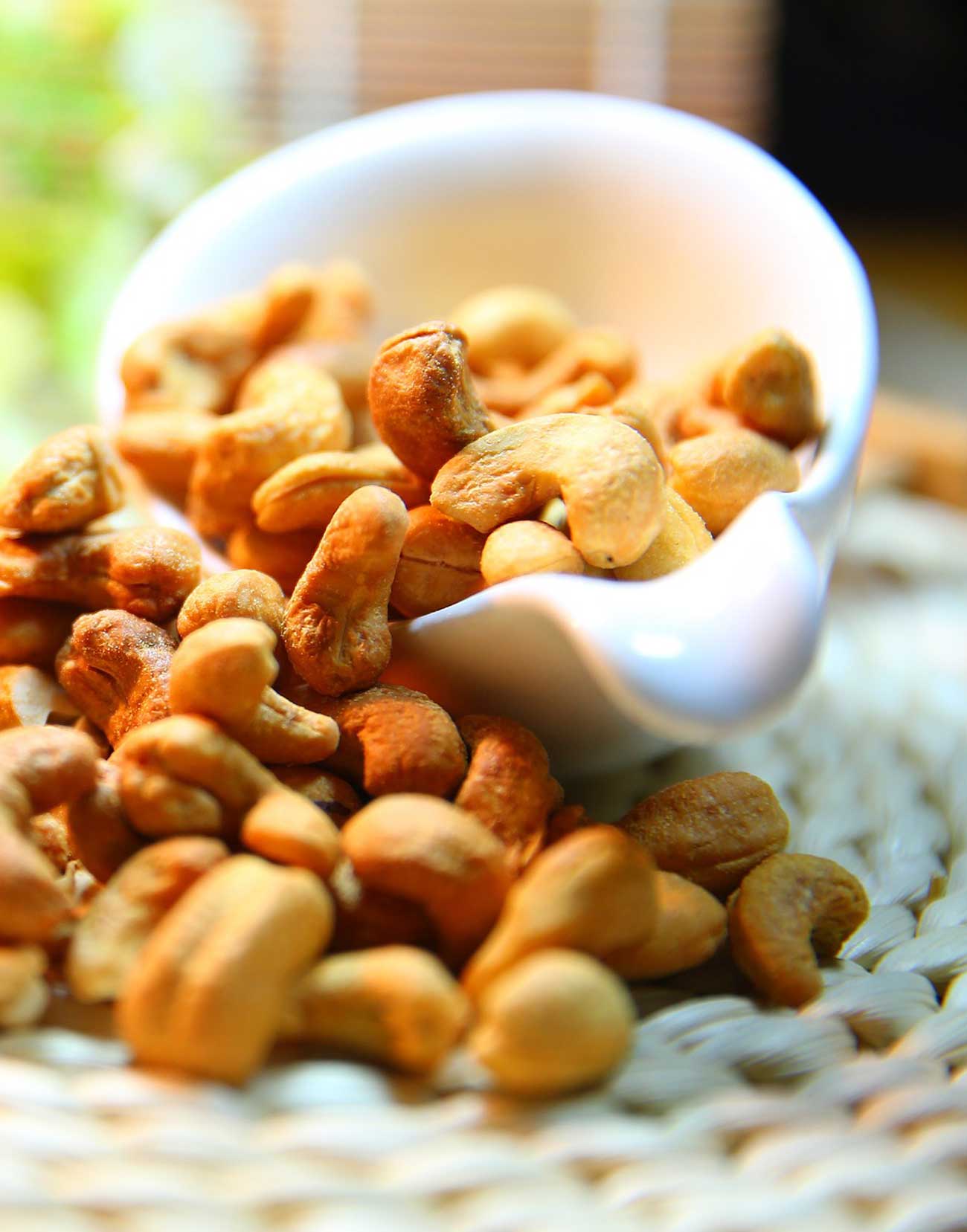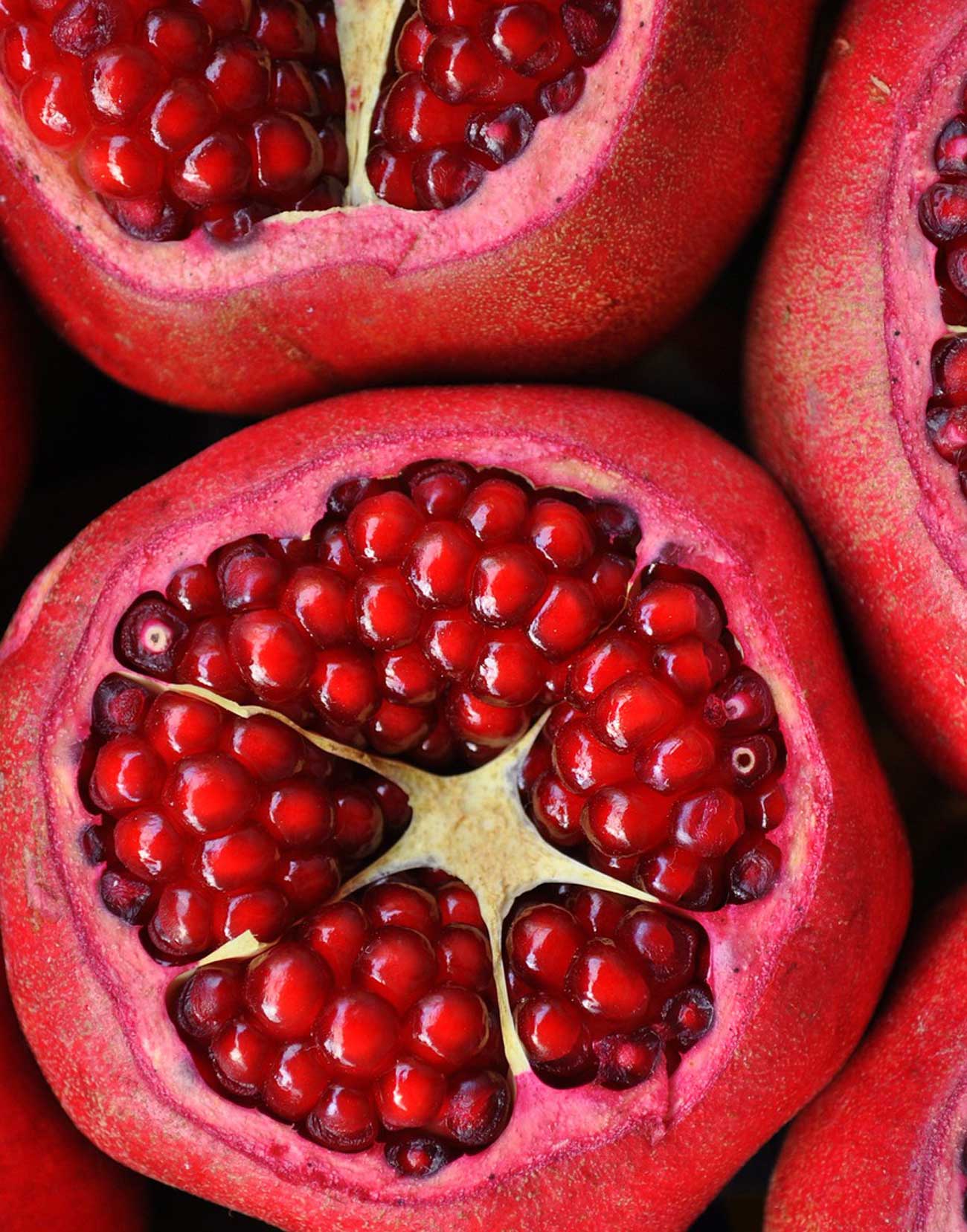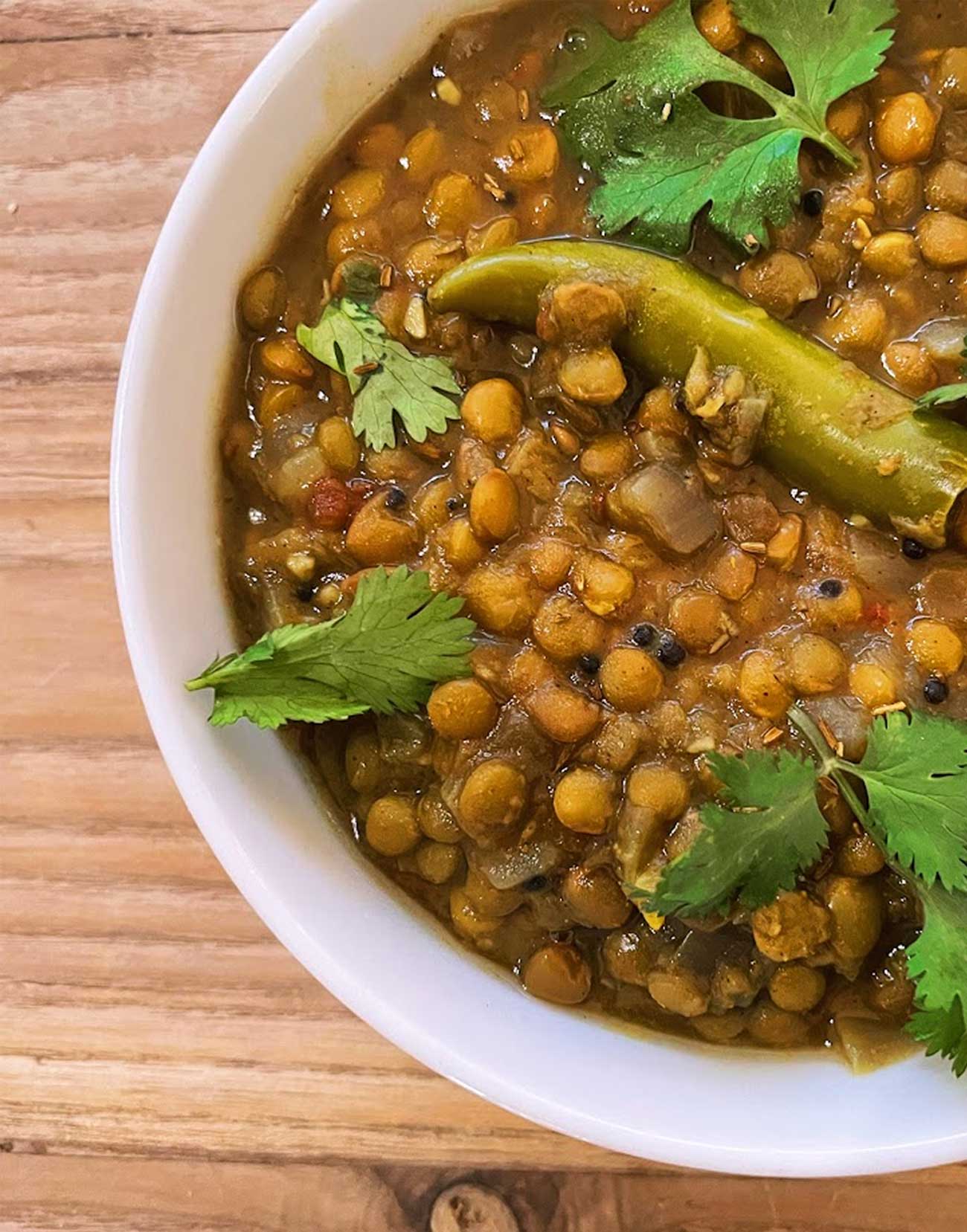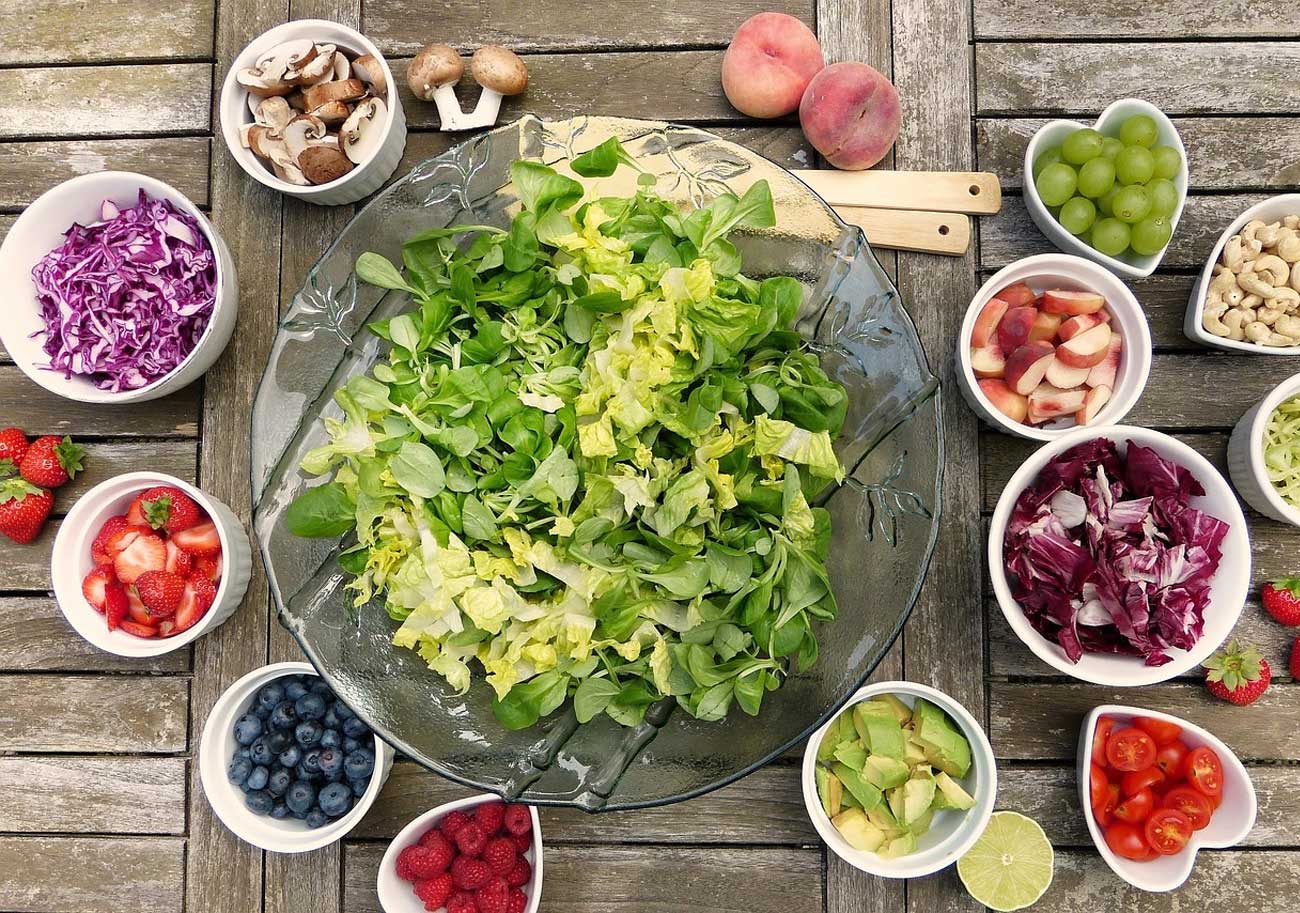
What is keto? An overview of what to eat on this low carb diet
The ketogenic diet, or keto diet for short, has become increasingly popular in recent years. This low carbohydrate eating plan focuses on consuming foods that are high in healthy fats, moderate in protein, and very low in carbohydrates. The main goal of the keto diet is to induce a metabolic state called ketosis, in which the body primarily burns fat for fuel instead of carbohydrates. Let’s delve into what this diet entails and explore the foods you can enjoy while following it.
The fundamental principle of the keto diet is to drastically reduce your carbohydrate intake and replace it with fat. By doing so, you encourage your body to enter a state of ketosis, where it starts producing ketones from stored fat to be used as an alternative source of energy. This metabolic shift not only aids in weight loss but also offers potential benefits for various health conditions such as type 2 diabetes, epilepsy, and metabolic syndrome.
So, what should you eat on the keto diet? Here’s an overview of the key food groups and choices that make up a typical keto meal plan:
1. Healthy fats: Avocado, olive oil, coconut oil, nuts, seeds, and grass-fed butter are excellent sources of healthy fats. These fats provide energy and help you feel satiated.
2. Protein: Include moderate amounts of protein in your meals. Opt for high-quality sources like lean meats (beef, poultry, lamb), fatty fish (salmon, mackerel), eggs, and plant-based proteins like tofu and tempeh.
3. Non-starchy vegetables: Leafy greens, broccoli, cauliflower, zucchini, bell peppers, and asparagus are low in carbohydrates and high in fiber, making them ideal choices for the keto diet.
4. Full-fat dairy: Cheese, cream, yogurt, and butter from grass-fed sources can be consumed in moderation, as they are low in carbs and rich in beneficial nutrients.
5. Nuts and seeds: Almonds, walnuts, chia seeds, flaxseeds, and pumpkin seeds are low in carbs and packed with healthy fats and fiber, making them great snacks or additions to meals.
6. Berries: While most fruits are relatively high in carbs, berries such as strawberries, raspberries, and blackberries can be enjoyed in small portions due to their lower sugar content.
7. Beverages: Water is the go-to choice on the keto diet, but you can also enjoy unsweetened tea, coffee, and herbal infusions. Be cautious with sugary or diet sodas as they may contain hidden carbohydrates.
Now, let’s take a quick look at the foods you should avoid or limit on the keto diet:
1. High-carb foods: Grains (rice, wheat, corn), legumes (beans, lentils), starchy vegetables (potatoes, sweet potatoes), and most fruits (bananas, oranges, apples) are rich in carbohydrates and should be minimized.
2. Sugar and sugary foods: Avoid desserts, candies, sodas, and other sugary treats as they are packed with carbohydrates.
3. Processed foods: Many processed foods contain hidden sugars and unhealthy fats, so it’s best to avoid them. Always read labels carefully and choose whole, unprocessed alternatives whenever possible.
It’s important to note that the keto diet may not be suitable for everyone. If you have any underlying health conditions or concerns, it’s best to consult with a healthcare professional or registered dietitian before making significant dietary changes.
In conclusion, the keto diet is a low carbohydrate eating plan that focuses on consuming healthy fats, moderate protein, and minimal carbs. By following this approach, you can potentially achieve weight loss and experience various health benefits. Remember to prioritize whole, unprocessed foods and to listen to your body’s needs throughout your keto journey. With careful planning and a diverse range of low-carb, high-fat foods, you can enjoy a satisfying and nutritious keto diet.
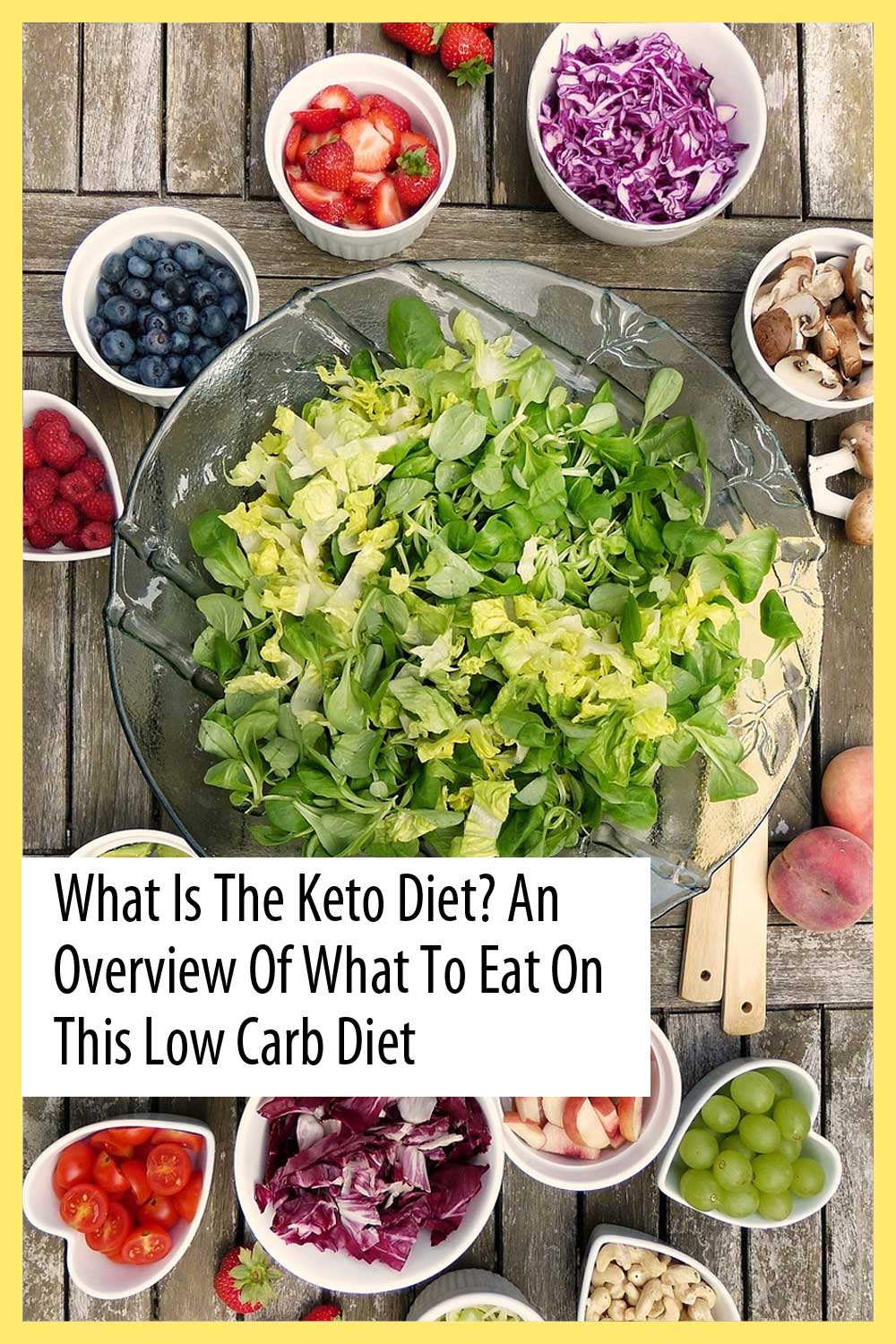
Medical Advice Disclaimer
DISCLAIMER: THIS WEBSITE DOES NOT PROVIDE MEDICAL ADVICE
I am not a doctor. The information, including but not limited to, text, graphics, images and other material contained on this website are for informational purposes only. No material on this site is intended to be a substitute for professional medical advice, diagnosis or treatment. Always seek the advice of your physician or other qualified health care provider with any questions you may have regarding a medical condition or treatment and before undertaking a new health care regimen, and never disregard professional medical advice or delay in seeking it because of something you have read on this website.

